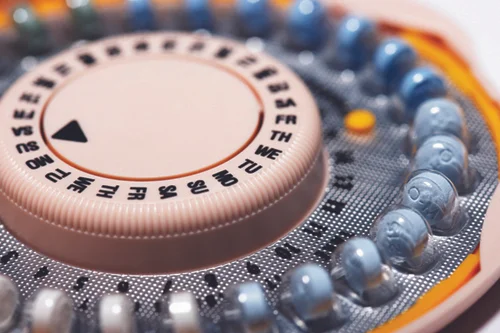While the "Kingsfold" hymn melody was traditional, the modern text of "Creator of the Intertwined" captured the progressive course steered by the recent General Conference of the embattled United Methodist Church.
"Creator of the intertwined, you made us all unique: / each one with ears to hear faith's call, each one with voice to speak. / Each worships where the call is heard, in forest, temple, dome, / on mountain top, in upper room – each one must find a home," sang the delegates, on April 30. The final line added: "From different sources comfort comes, each seeks for the divine: / your voice speaks many languages, just one of them is mine."
While insiders grasped the symbolism of this interfaith affirmation, the news at this pandemic-delayed gathering focused, as expected, on biblical authority and sexuality. This General Conference urgently moved to modernize many UMC doctrines and laws, after the exit of 7,659 congregations in America's biggest church split since the Civil War.
With a 523-161 vote, these words vanished from the Book of Discipline: "The practice of homosexuality … is incompatible with Christian teaching." This had long banned "self-avowed practicing homosexuals" from ordination. Another revision instructed regional leaders to start training churches to accept pastors, whatever their LGBTQ+ identities.
"It's about damn time!", said John Pavlovitz, a pastor, author and activist popular with UMC progressives. "Either you believe LGBTQ are made by God and fully indwelled with beauty and dignity as-is – or you don't. … Either you declare their worth by inviting them fully into your community – or you refuse to. Either you believe gender identity and sexuality aren't moral flaws – or you believe they are," he wrote, at his The Beautiful Mess website.
The General Conference also approved a "regionalization" constitutional amendment allowing U.S. churches to modernize church law and doctrine, while Global South conservatives, especially growing churches in Africa, could retain old traditions.







